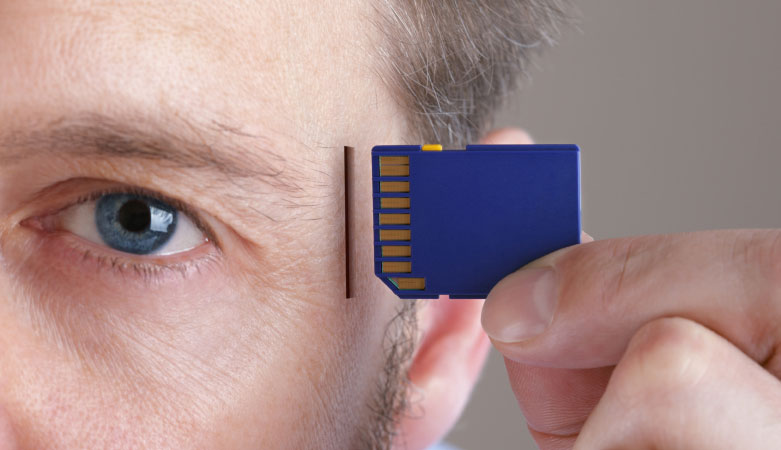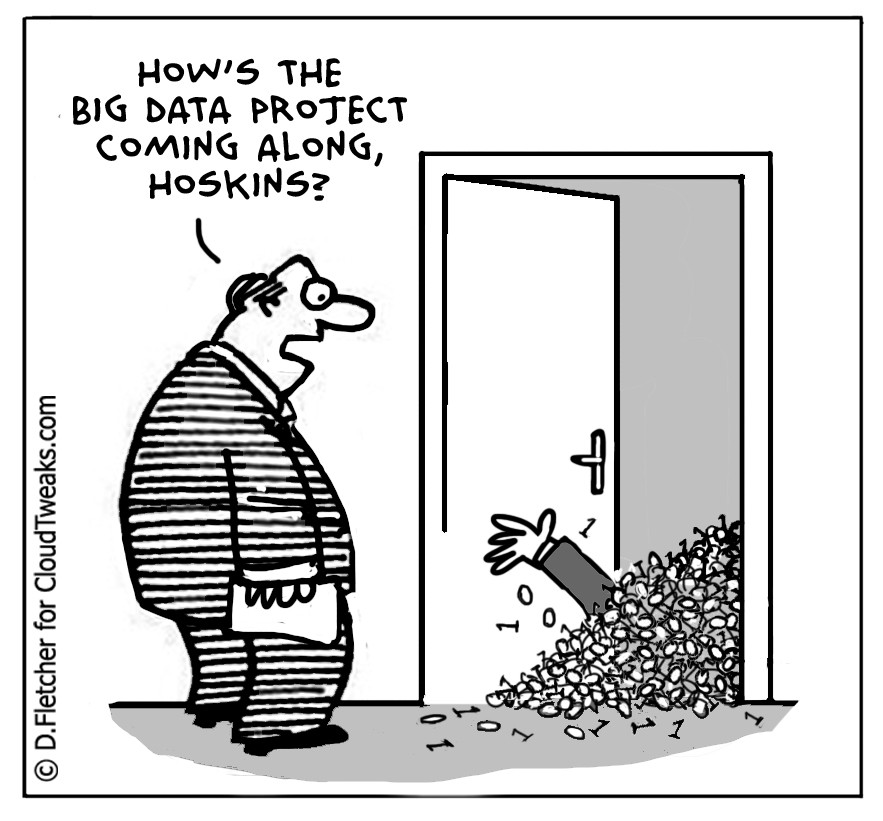
possible 2014.
feb 10th
US military's work on brain implantsDARPA, at the behest of the US Department of Defense, is developing a black box brain implant — an implant that will be wired into a soldier’s brain and record their memories. If the soldier then suffers memory loss due to brain injury, the implant will then be used to restore those memories. The same implant could also be used during training or in the line of duty, too — as we’ve reported on in the past, stimulating the right regions of the brain can improve how quickly you learn new skills, reduce your reaction times, and more.
The project, which DARPA has wittily named
Restoring Active Memory..." Pentagon's brain implants that could REVERSE memory loss- fair article from Daily Mail earlier this month.
Memory reconstruction (see The Human Brain project) follows maths rules.absolutely determined.
If you could only be resurrected with no memory of your former self, would you want it? If not, you should authorize murdering yourself if you get permanent amnesia! Is a self conscious memory alone?
How Hackers May Control Your Brain In The FutureIncreasing brain acidity may slow down anxiety"Scientists have found a new target to treat anxiety disorder.
Increasing acidity in the brain's emotional control centre can reduce anxiety, according to a new research.
At the cellular level, anxiety disorders are associated with heightened activity in the basolateral amygdala (BLA) in the brain which is known to play a central role in emotional behaviour.
Many cells in the BLA possess acid-sensing ion channels called 'ASIC1a' that respond to pH changes in the environment outside of the cell.
Maria Braga and colleagues at the Uniformed Services University of the Health Sciences - a health science university run by the US federal government - found that activating 'ASIC1a' decreased the activity of nearby cells and reduced anxiety-like behaviour in animals.
"It suggests that activating these channels, specifically in fear-related areas such as the amygdala, may be a key to regulating anxiety," explained Anantha Shekhar from Indiana University who was not involved in this study.
"Developing specific drugs that can stimulate these channels could provide a new way to treat anxiety and fear disorders such a post-traumatic stress and panic disorders," she stated.
To determine the effect, Braga's group bathed BLA cells in an acidic solution in the laboratory and measured the signals sent to nearby cells.
Lowering the pH of the solution decreased the activity of cells in the BLA." MORE

Edited by Innocent, 26 February 2014 - 08:37 AM.

































 This topic is locked
This topic is locked



















































